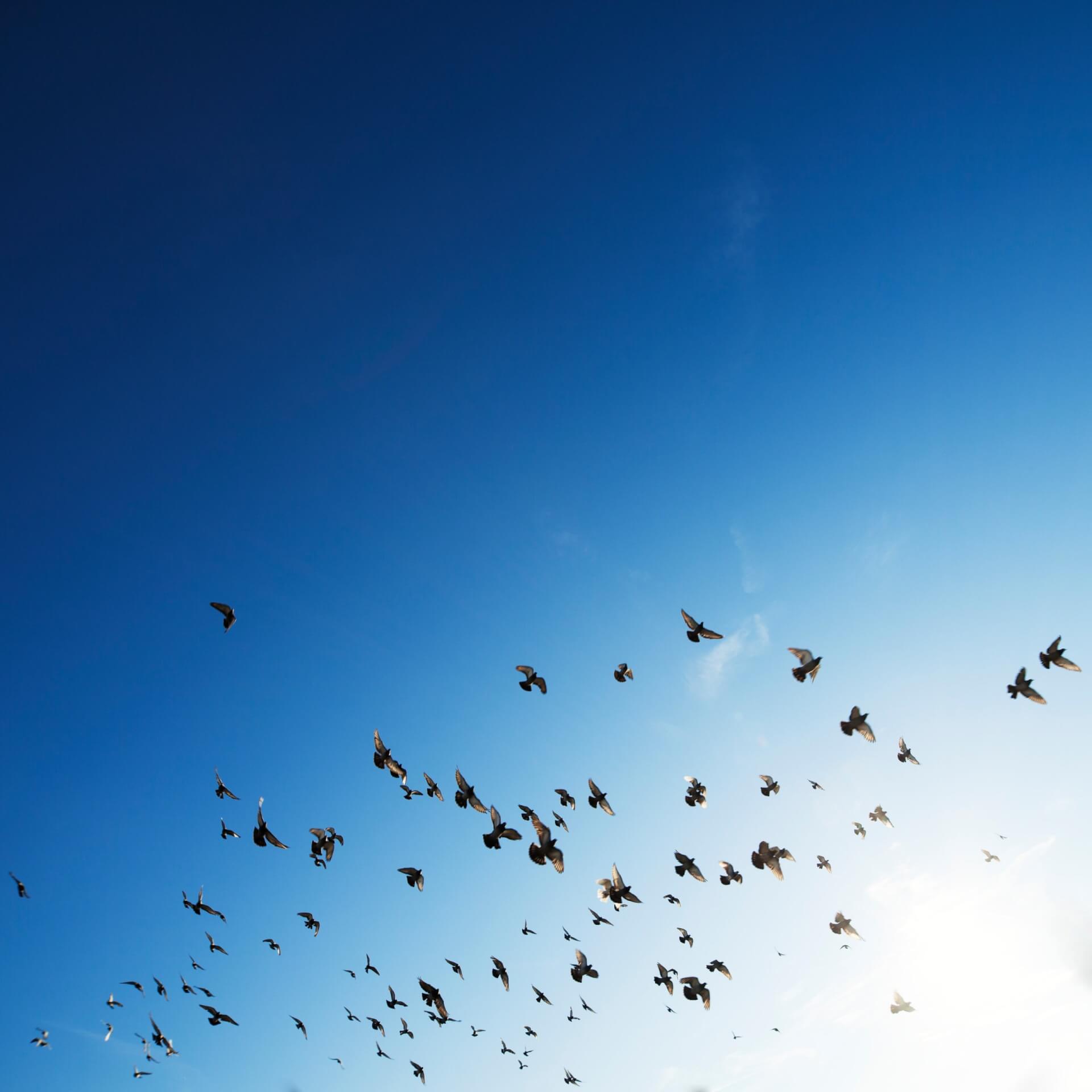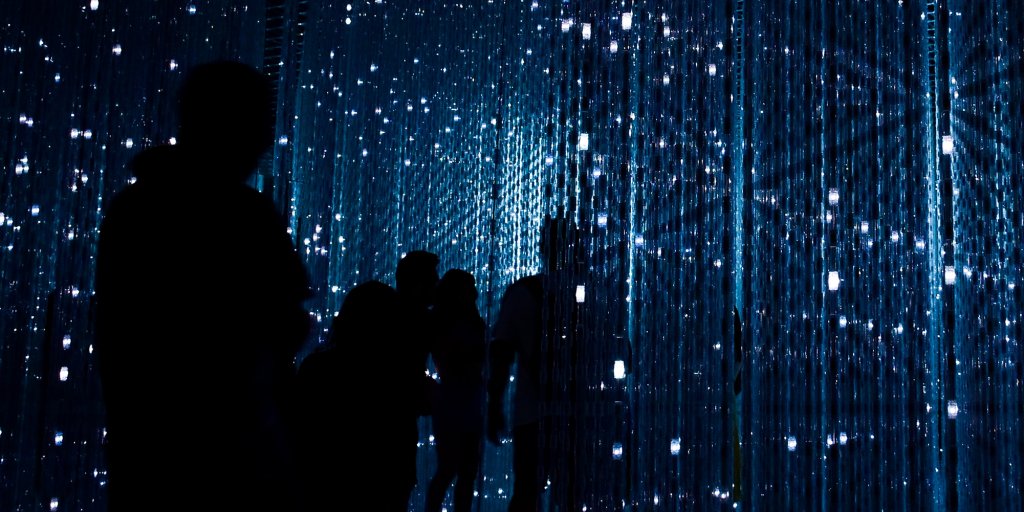
Scientific freedom and responsibility are key requirements for promoting the quality of scientific endeavour and consolidating trust in science and thereby for achieving the 2030 Agenda. Yet, much remains to be done to elucidate their content and develop a comprehensive implementation.
The discussion will shed light on the concept of scientific freedom and responsibility, drawing on existing normative standards and analyses (including UNESCO’s 2017 Recommendation on Science and Scientific Researchers) and the ISC Committee for Freedom and Responsibility in Science 2021 discussion paper (A contemporary perspective on the free and responsible practice of science in the 21st century).
The event will address challenges arising from the rapid development of science and technology and the uneven distribution of scientific resources worldwide.
Historical perspectives and regional approaches to scientific freedom and responsibility will also be explored. The goal is to find ways to reinforce the work of governments and key institutions through appropriate tools and frameworks for measuring progress.
🎦 Follow the event remotely via UNESCO Webcast (no registration required); available in English and French
💬 Viewers can ask questions via Slido (the link opens a web page with a text box where viewers can type a question, which will be registered and shared with the panelists)
📚 Check out these UNESCO publications: Recommendation on Science and Scientific Researchers and UNESCO brief on the right to science and COVID-19.
The event will be opened by Sir Peter Gluckman, President of the ISC and Gabriela Ramos, Assistant Director-General for Social and Human Sciences of UNESCO.
Robert French, Retired Chief Justice of Australia; Chancellor, University of Western Australia; Adjunct and Honorary Professorial positions at the University of Western Australia, Melbourne University, Monash University and the Australian National University.
Staffan Lindberg – Professor & Director, V-Dem Institute, Department of Political Science, University of Gothenburg. Member of the ISC Standing Committee for Freedom and Responsibility in Science 2022-2025.
Sayaka Oki – Professor, Graduate School of Education, The University of Tokyo, Japan. Member of the ISC Standing Committee for Freedom and Responsibility in Science 2022-2025.
Krushil Watene – Associate Professor in Philosophy at Massey University in Aotearoa New Zealand. Member of the ISC Standing Committee for Freedom and Responsibility in Science 2022-2025.
Robert Quinn, Founding Executive Director, Scholars at Risk Network (an independent not-for-profit corporation based at New York University, and host of the Free to Think podcast)
Liviu Matei – Professor of Higher Education and Public Policy, Head of the King’s School of Education, Communication & Society (ECS), founded the Global Observatory on Academic Freedom.
Guy Moussavou, Director General of l’Institute National de Recherche en Sciences Sociales et Humaines et Enseignant-chercheur à l’Ecole Normale Supérieure, Congo-Brazzaville;
Zabta Khan Shinwari, former Vice-Chair of the World Commission of Ethics in Scientific Knowledge and Technology (COMEST).

Freedoms and Responsibilities in Science
The Council’s Committee for Freedom and Responsibility in Science (CFRS) is the guardian of the Principle of Freedom and Responsibility in Science, which is enshrined in Article 7 of the Council’s Statutes.
Image by Rowan Heuvel on Unsplash.